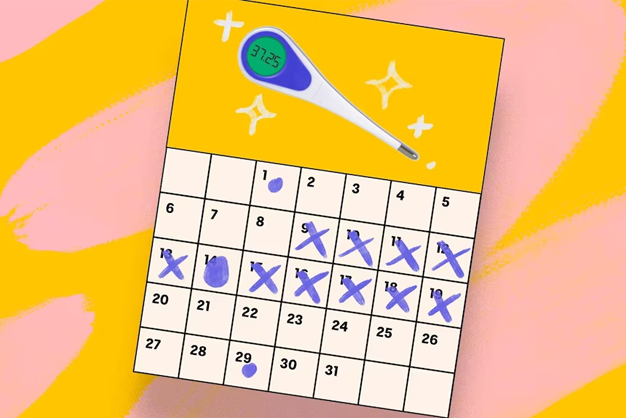Introduction
In the realm of family planning, understanding the intricacies of the menstrual cycle through fertility awareness has emerged as a powerful and natural method. Acknowledging the ebb and flow of fertility within this biological rhythm empowers couples to make informed decisions about conception and contraception. In this article, we delve into the concept of fertility awareness, exploring its principles, benefits, and how it can be a valuable tool for those navigating the journey of family planning.
The Menstrual Cycle : Nature's Blueprint
The menstrual cycle is a marvel of nature, consisting of various phases that orchestrate the complex dance of hormones within a woman's body. Understanding this cycle is fundamental to fertility awareness and family planning. Typically lasting 28 days (but varying for each individual), the menstrual cycle involves the interplay of hormones like estrogen and progesterone, guiding the processes of ovulation and menstruation.
Identifying the Fertile Window
One of the central tenets of fertility awareness is recognizing the fertile window – the days during which conception is most likely to occur. This window typically spans the days leading up to and immediately following ovulation. Various methods, such as tracking basal body temperature, monitoring cervical mucus changes, and using ovulation predictor kits, can help pinpoint this fertile period with remarkable accuracy.
Natural Family Planning
Fertility awareness serves as the foundation for natural family planning methods. Couples can utilize this knowledge to either increase or decrease their chances of conception based on their family planning goals. For those seeking to conceive, timing intercourse during the fertile window enhances the likelihood of successful fertilization. Conversely, those aiming to avoid pregnancy can use this information to abstain or use alternative contraceptive methods during the fertile days.
Enhancing Intimacy and Communication
Embracing fertility awareness promotes open communication between partners. Couples actively involved in tracking and understanding the menstrual cycle often find that it strengthens their connection and enhances intimacy. The shared responsibility of family planning can foster a deeper understanding of each other's needs and goals.
Non-Invasive and Hormone-Free
Fertility awareness methods are non-invasive and hormone-free, making them an attractive option for individuals seeking natural and body-aware family planning. Unlike hormonal contraceptives, which can have side effects for some individuals, fertility awareness methods work in harmony with the body's normal physiology.
Education and Empowerment
Fertility awareness is an educational journey that empowers individuals with a deeper understanding of their bodies. By fostering a sense of over reproductive health, couples can make decisions aligned with their values and aspirations.
Conclusion
Fertility awareness is a valuable tool that places individuals in control of their reproductive journey. Whether one is actively trying to conceive or seeking natural methods of contraception, understanding the menstrual cycle provides a foundation for informed decision-making. By embracing fertility awareness, couples embark on a journey that not only aligns with the natural rhythms of the body but also strengthens the bonds of communication and intimacy, paving the way for a more mindful and empowered approach to family planning.
.pdf%20300X60%20PX-02-02.svg)



